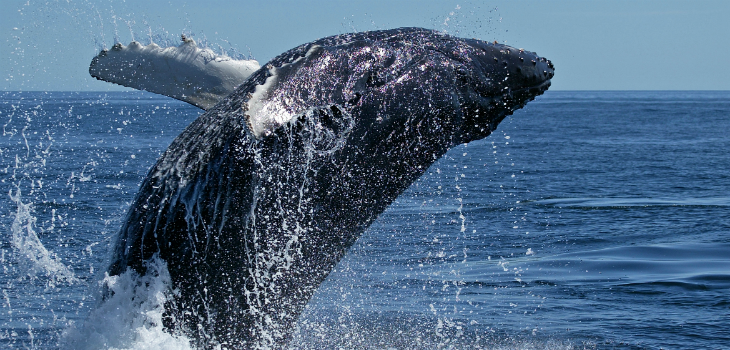
Jan. 12, 2012, Olympia – Representative Joe Fitzgibbon (D-34) held a press conference earlier today to announce legislation aimed at protecting Puget Sound wildlife and the environment from harmful plastic bag pollution. The legislation is modeled on ordinances adopted recently in Bellingham, Mukilteo and Seattle, and would ban most disposable plastic bags at retailers. Representatives from Environment Washington and Fred Meyer expressed their strong support for the bill.
“Plastic bags are a threat to our unique marine environments in Washington State, and as we have led on so many environmental issues in Washington, we should lead the way in the nation by moving away from polluting our waterways with single-use plastic bags,” said Rep. Joe Fitzgibbon. “Many local governments have taken an important first step, but a statewide approach would be easier for businesses to administer and help our waterways recover.”
In November, Environment Washington released a new report documenting the extent of the problem with plastic in Puget Sound. The report cites research done by researchers at the University of Washington – Tacoma that found plastic pieces in every water sample they have taken from Puget Sound. In 2010, a gray whale was found in West Seattle with 20 plastic bags in its stomach, highlighting this terrible problem. According to the report, Washingtonians use over 2 billion plastic bags every year, roughly 95% of which end up in landfills or as litter. To address this problem, the Mukilteo and Seattle city councils decided in December to join Edmonds and Bellingham in banning plastic bags.
“Nothing we use for a few minutes should end up in the belly of a whale,” said Robb Krehbiel, Program Associate for Environment Washington. “We thank Rep. Fitzgibbon for introducing this important legislation and look forward to working with the legislature to make sure Washington takes action to ban plastic bags.”
The legislation is supported by the Northwest Grocers’ Association, which represents large grocer stores including Fred Meyer and Safeway. Other smaller stores have endorsed various local efforts, including PCC Natural Markets, Metropolitan Market, and Town & Country.
“We know that many municipalities are considering passing some sort of legislation regarding plastic bags,” said Melinda Merrill, director of Public Affairs for Fred Meyer Stores. “We prefer a solution that is statewide, rather than a patchwork of different laws all across the state, and a solution that truly moves consumers to reusable bags rather than switching them from one disposable bag to another.”
In addition to harming the environment, plastic bags are a nuisance to recyclers because they clog recycling machines and contaminate other recycled materials. Many Washington recyclers claim that thin plastic bags clog their machinery, forcing them to shut down, sometimes several times a day. Recyclers have claimed lost time, money, and efficiency due to plastic bags.
Dozens of cities and countries, including China, India, and the U.A.E., banned plastic bags. This year, three cites in Washington banned plastic bags: Bellingham, Mukilteo, and Seattle. They joined Edmonds, which was the first city in the state to ban the bag in 2009. Oregon and California have also debated state-wide bans on plastic bags.
